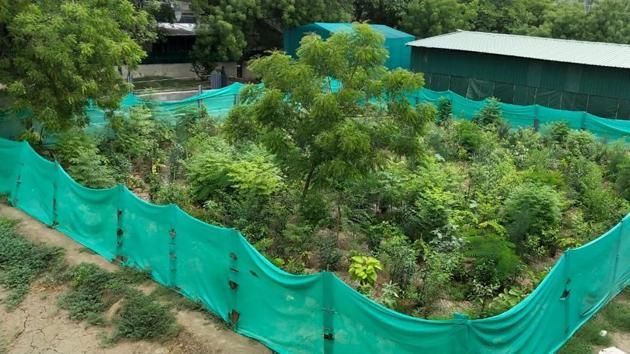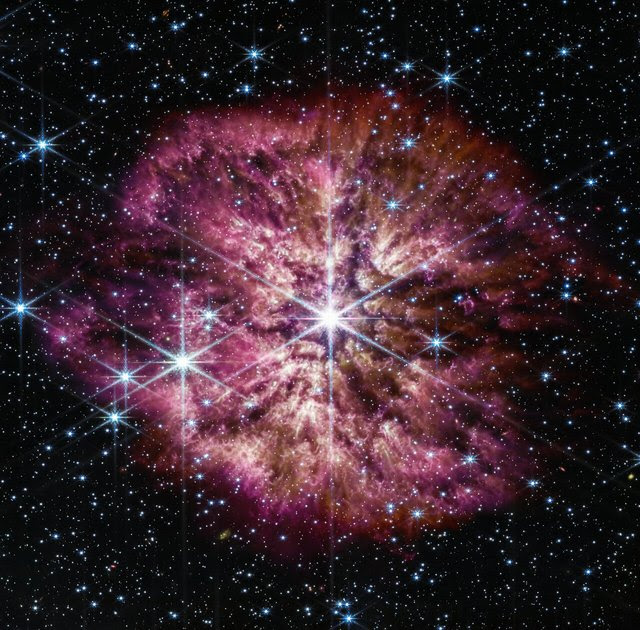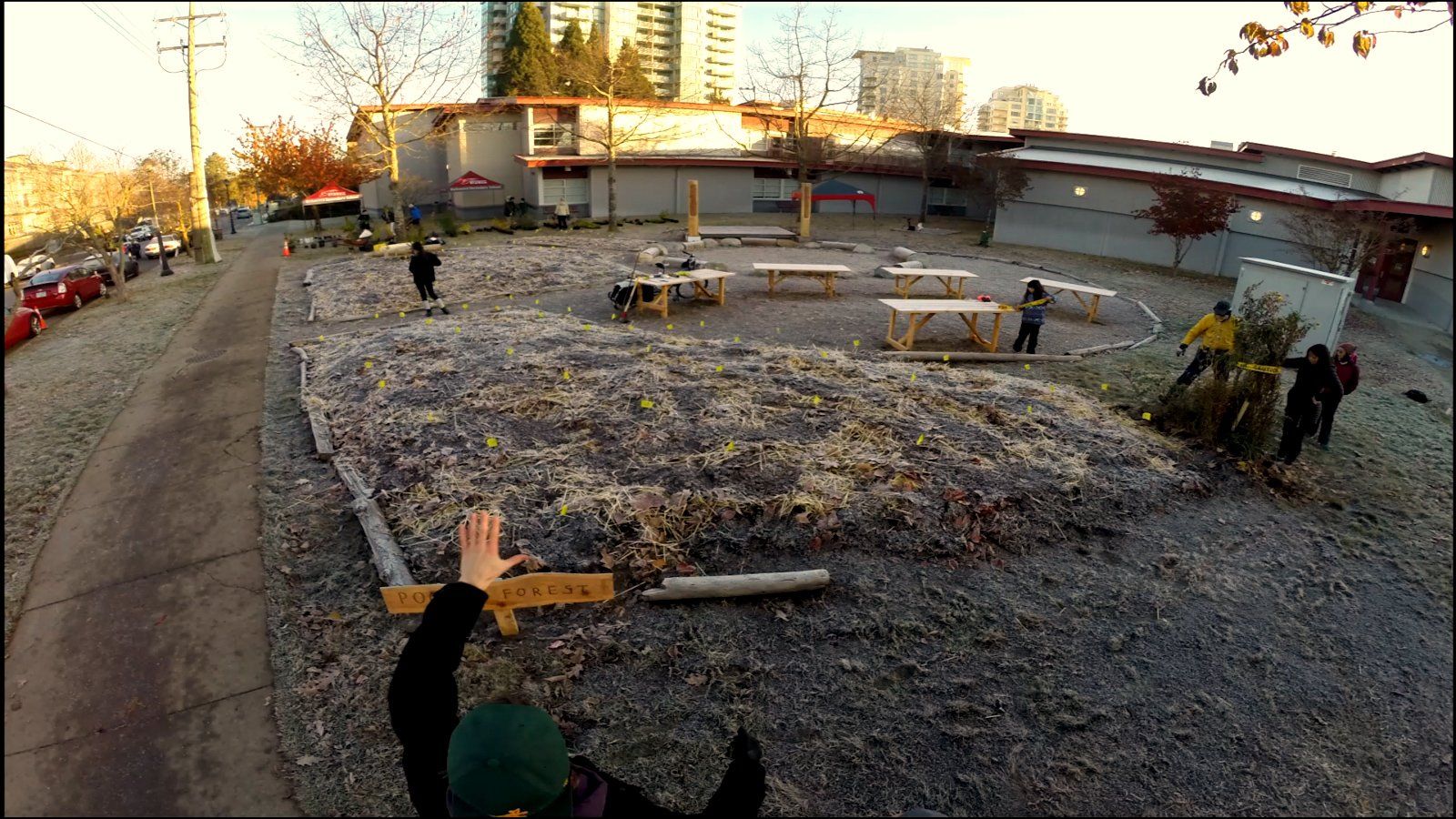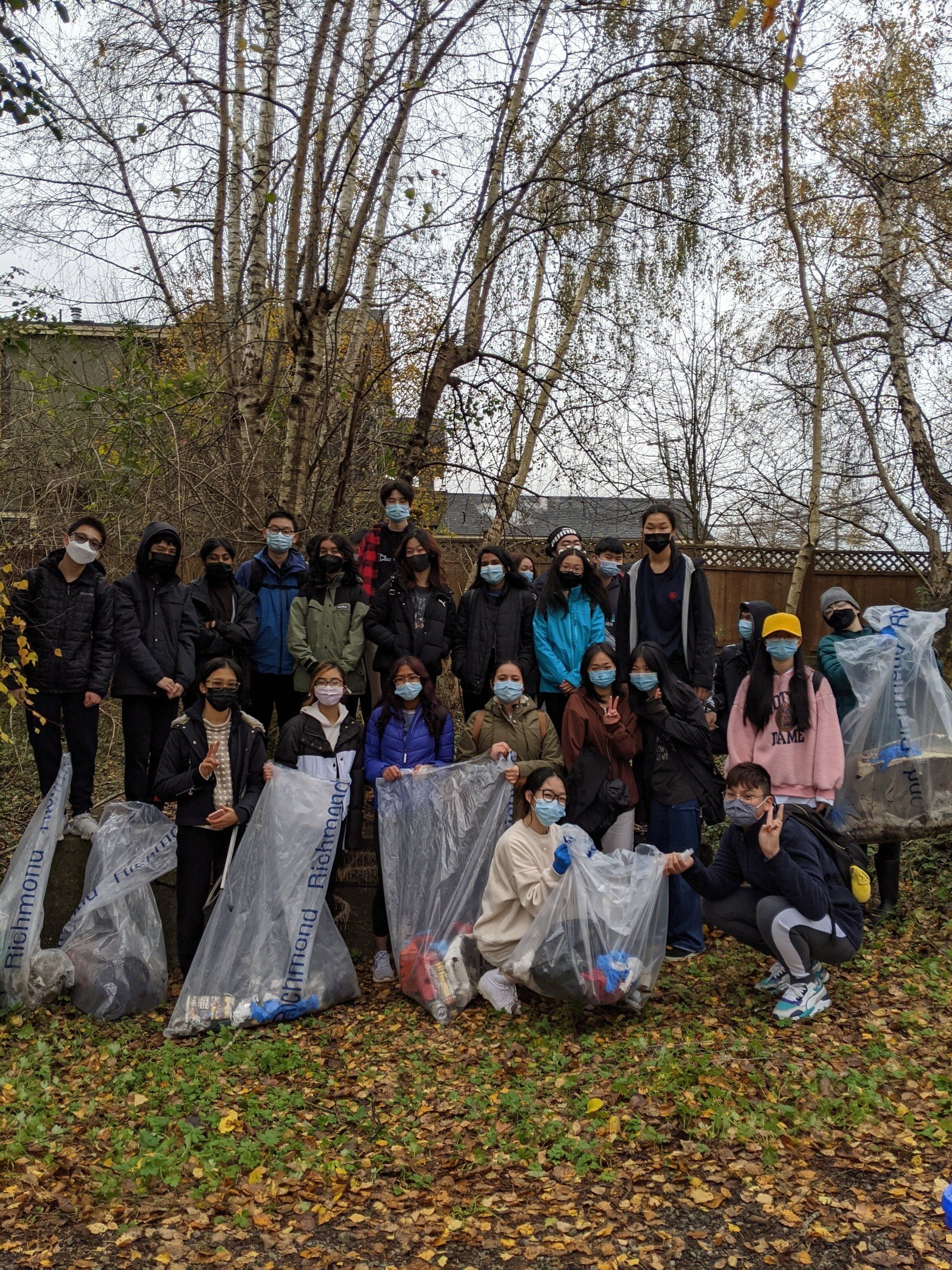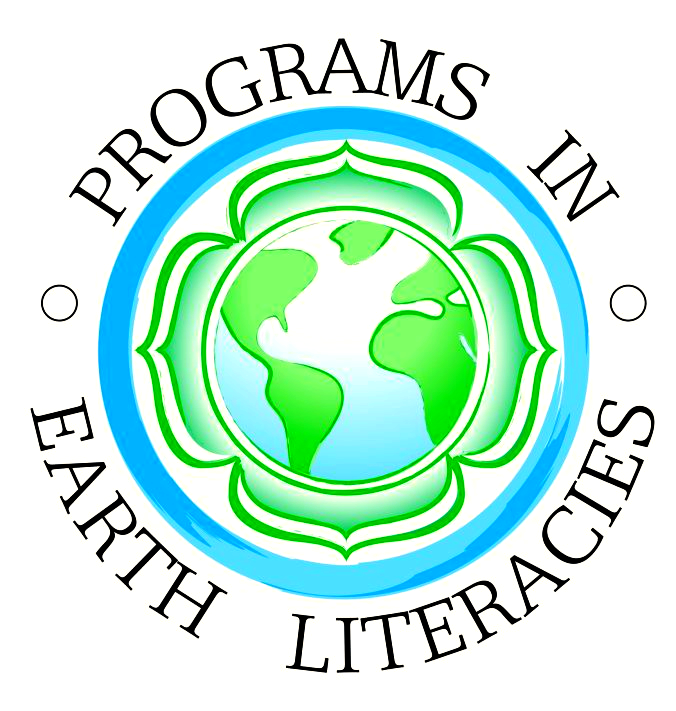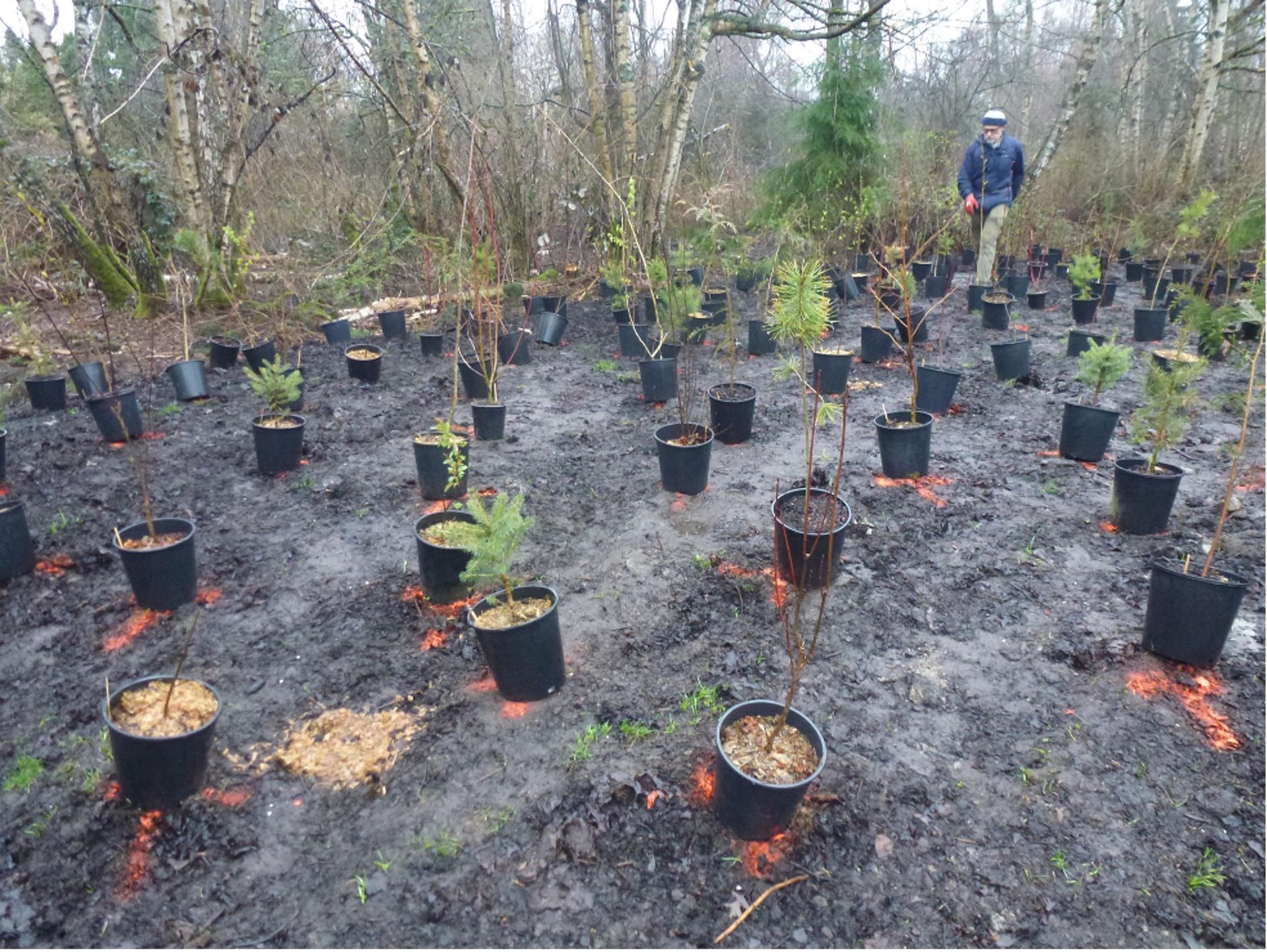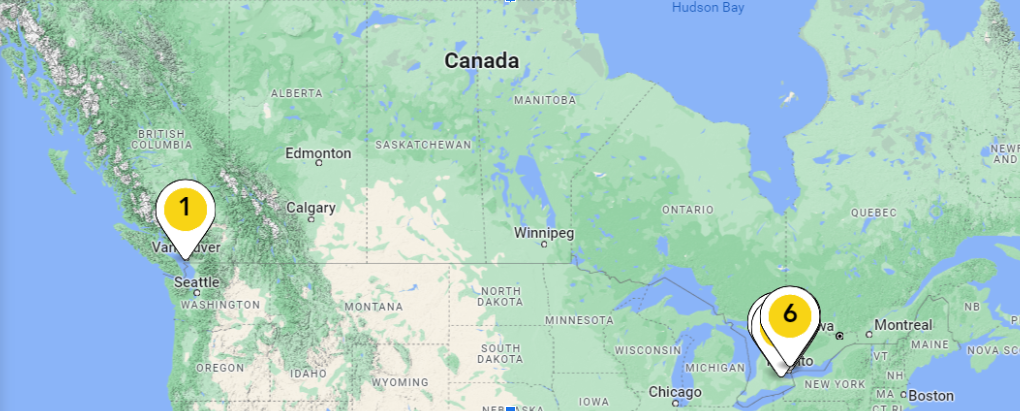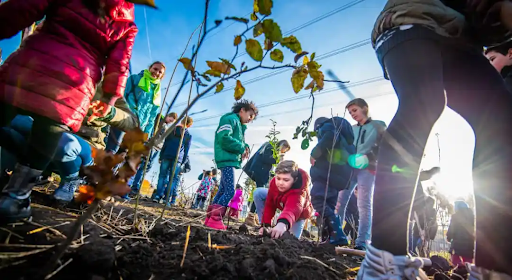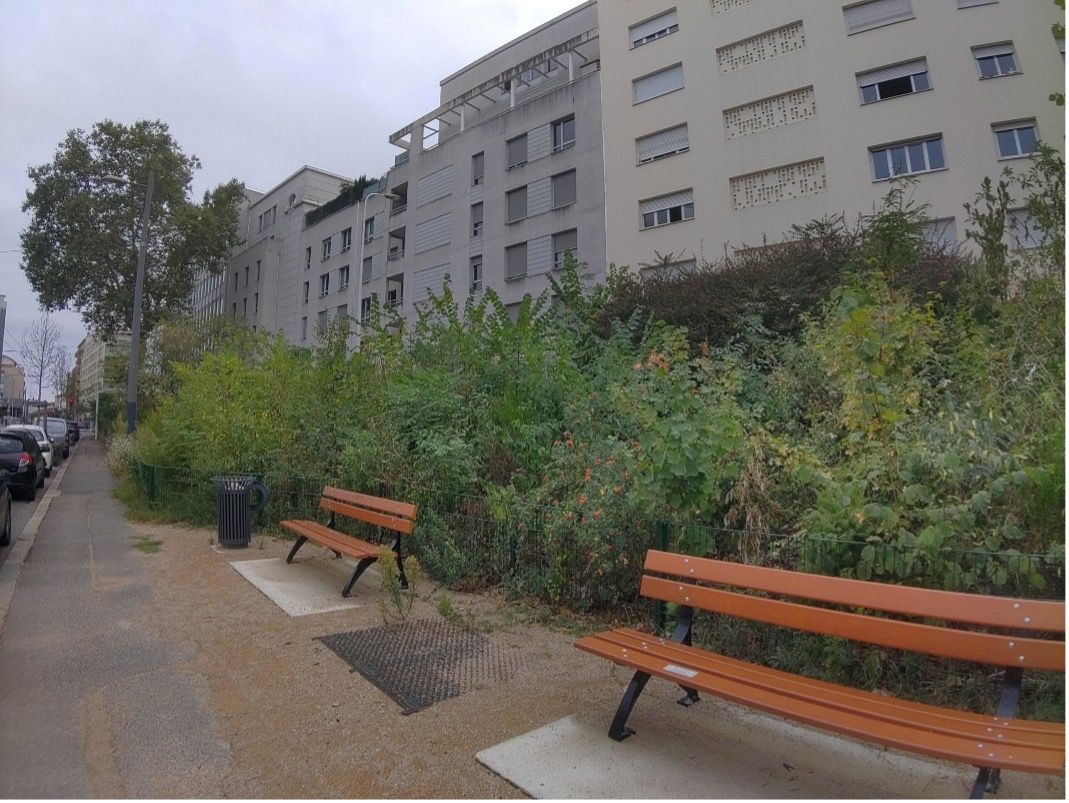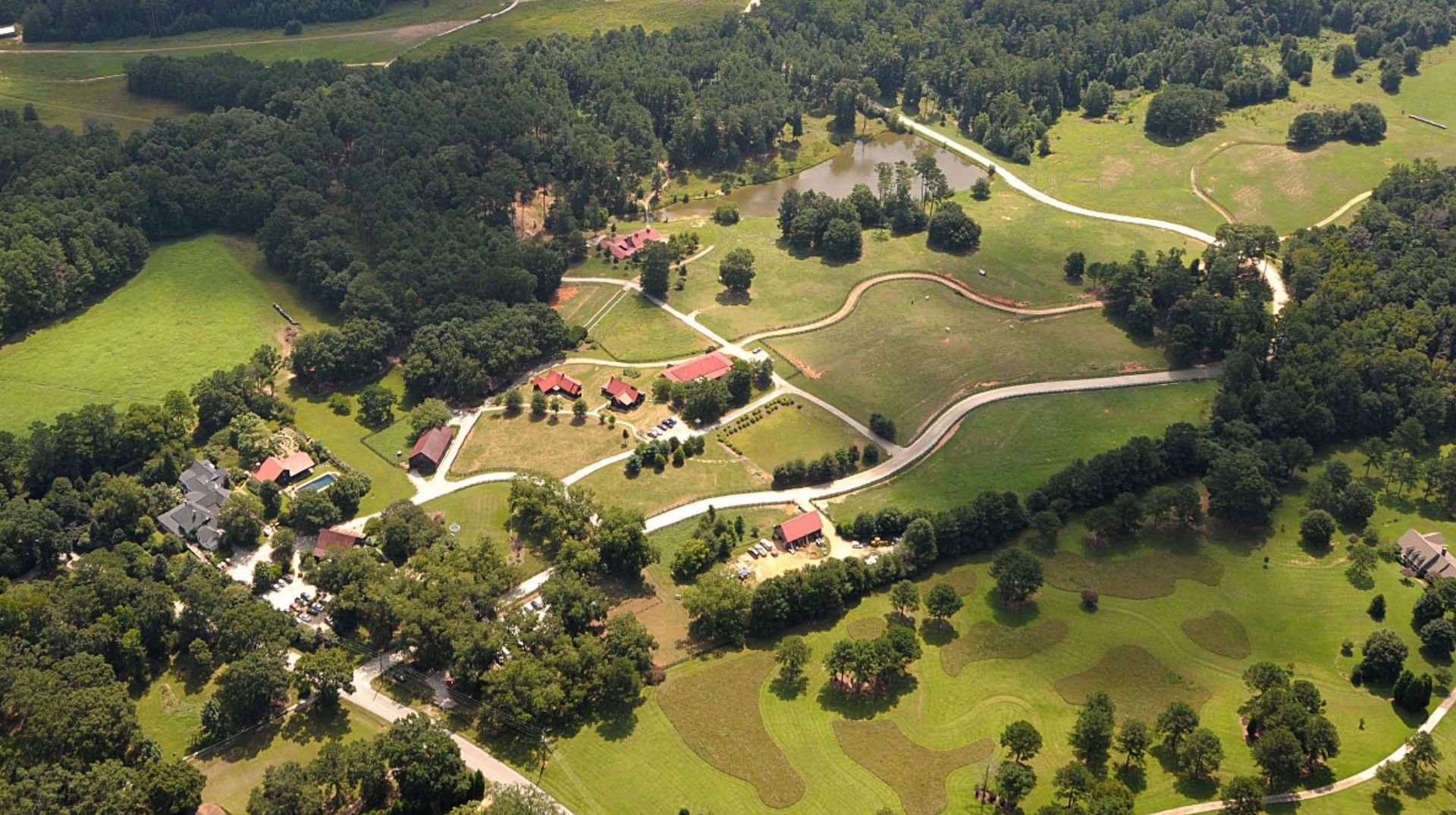From, Of, and With the Earth - Cultivating a Sense of Place with Dr. Doug Christie
Douglas Christie teaches that the places we inhabit comes to inhabit us. What do our places create in us, in the era of global ecological degradation?
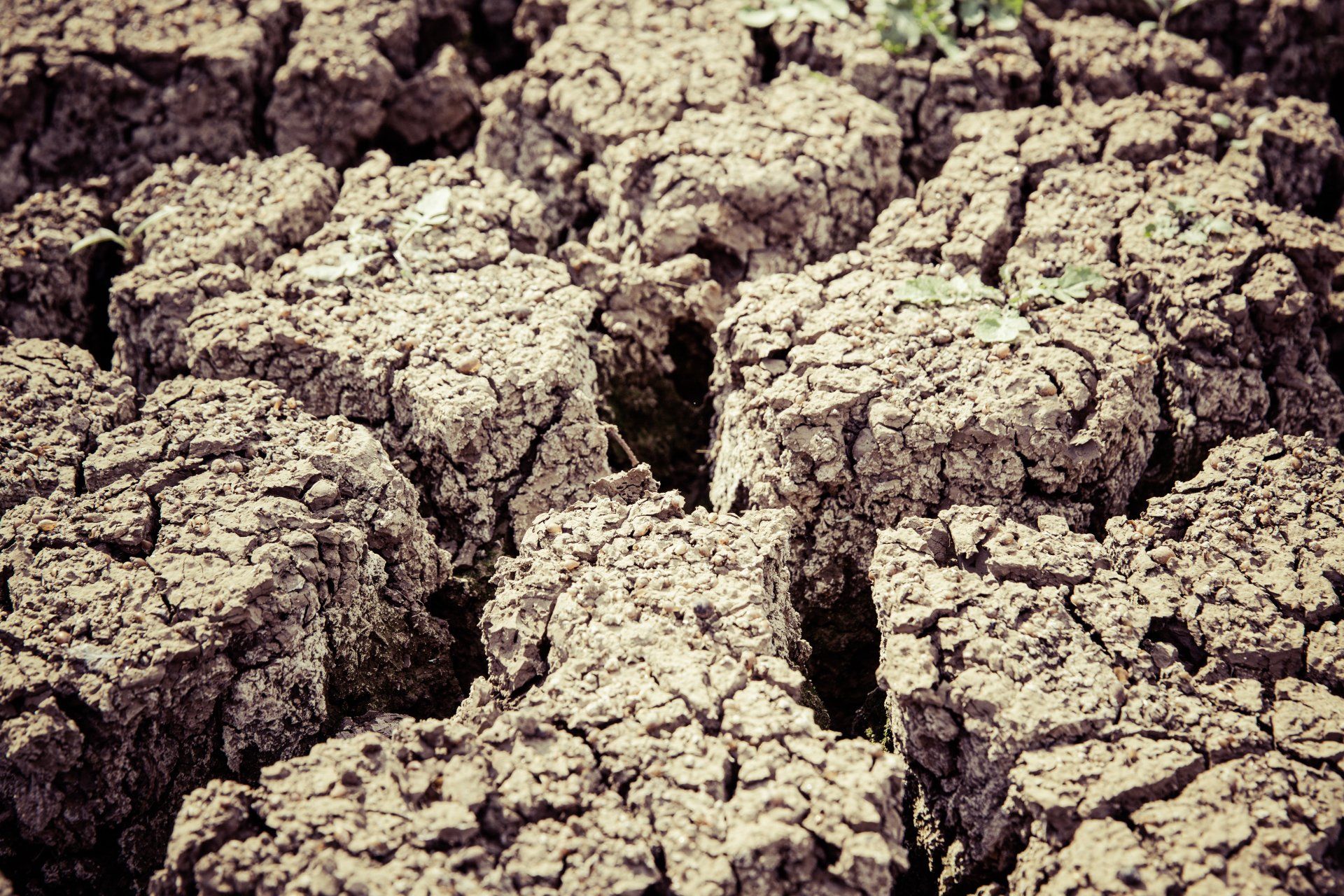
If you understand – or, like me, strongly intimate – the degree of loss implicated in the current climate disaster, you may, like me, might struggle to fathom it. I recently spoke with Dr. Douglas Christie about responding to such ecological loss, about the importance of place to human identity and development, and about how cultivating a deeper, more integral, relationship with the places we inhabit can help to renew our commitment to caring for them. He is the author of The Word in The Desert: Scripture and the Quest for Holiness in Early Christian Monasticism (Oxford), and The Blue Sapphire of the Mind: Notes for a Contemplative Ecology (Oxford), and beginning on Sept 8, he will be with Programs in Earth Literacies offering a 4-week workshop called, “Cultivating a Sense of Place: Contemplative Ecology in a Time of Loss” (Wednesdays in September, 10am-12pm PST).
To speak with Douglas Christie is to speak to a guide with a spacious and compassionate approach to questions of ecological loss. We spoke in the midst of a global pandemic (COVID) and the multiple, nested pandemics that covid has illuminated and worsened1, when time seems frenzied and old reassurances seem shaky. A time when it becomes difficult to imagine a way to stop and assess the losses, because they just keep piling up. Modern life, he points out, my life, maybe your life too at some points, is nomadic and the pace is fast. Our schedules fill with places to go, things to do, and people to meet, and the places we inhabit fade into our background of our ‘real’ lives. But, the places in which we live become absorbed into us, into our consciousness. We imbibe the rhythms and pace and agendas of a city, or a suburb, and they become a part of us. But Dr. Christie reminded me that this modern way of life cuts us off from a sense of being native to a place. For one thing, the constant movement and the pace of social and cultural life interrupts the time and attention needed to establish a sense of place. For another, people are almost endlessly adaptable, so that if a subdivision is built in a greenbelt, it will not take long for us to forget it was ever a natural space. The loss of the greenbelt will not be consciously noticed or felt by people even one generation later. We will not miss what we do not remember. We moderns are also zealous optimists, who are addicted to momentum. The question of loss can be easily elided in the quest to put a positive spin on a dire situation. “Look,” someone might say after the subdivision is built, “what a nice neighbourhood with so many friendly people.” The loss cannot be noted, cannot be assessed, cannot be accounted for.
Through a contemplative lens, and against these prevailing tendencies of our times, Douglas Christie asks us to look at the places we inhabit, to look at our degrading Earth, and to consider our place in this movement, to consider what it is we lose when our Earth home is degraded. A guide in this exploration is useful, because the questions are big. Who are we, and what can we become in a world of massive ecological loss? What meanings can be made of our lives in an era of mass extinction and global ecological degradation?
Dr. Christie offers his biologically, historically, and spiritually informed approach to finding and cultivating a sense of place in a fracturing world, two hours at a time, each Wednesday in September. Spaces are still available for this timely and transformative workshop. And, to ensure these ideas find a larger audience, registered participants are invited to bring a friend for free (who is new to Programs in Earth Literacies) to Cultivating a Sense of Place: Contemplative Ecology in a Time of Loss. We hope to see you next Wednesday!
1 Such as; conditions in long term care facilities, increases in mental health issues caused by stress and isolation, social and economic insecurity, systemic racism (in the form of the unequal distribution of the harms of covid among people and communities of colour), a retreat of women from the workforce and public life, to name some.
